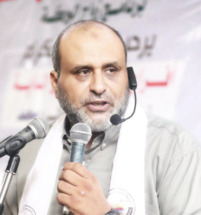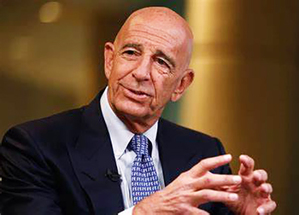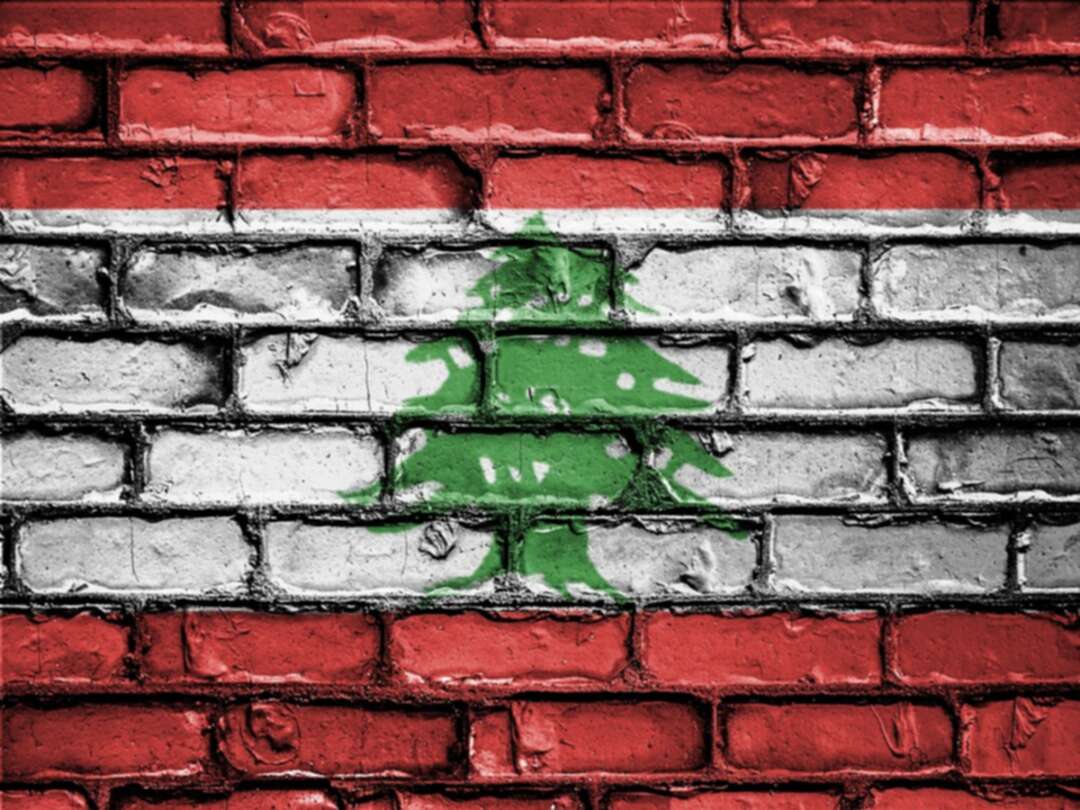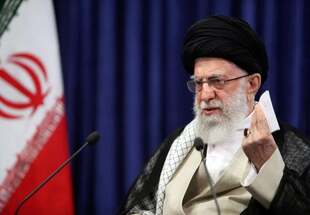-
Discontent Over Syrian Culture Minister Attending Reception of Person Linked to Assad Regime
-
Calls for dismissing the Culture Minister raise questions about the criteria for appointing officials and their ability to represent communities that have suffered from violations and forced displacem

The Al-Bukamal area in eastern Deir ez-Zor countryside is experiencing widespread discontent following Culture Minister Mohammed Al-Saleh's participation in a banquet hosted by "Farhan Al-Marsoumi," who is implicated in committing abuses against the city's residents during his association with pro-Iranian forces. This incident is described as a new slap in the face to victims and their families who are still suffering from the effects of previous violations.
Calls demanding the dismissal of "Al-Saleh" have increased, as he attended one of the banquets where Iranian officials and those previously accused of war crimes were present. This has provoked the anger of those who lost their families during the period of pro-Iranian forces' dominance, which committed violations affecting wide sectors of civilians. This behavior appears to have reopened old wounds for local residents who consider Al-Marsoumi one of the symbols of the dark period in the region's history.
In this regard, citizen (Z.A.) from Al-Suwayiya town told the Syrian Observatory for Human Rights that the beginning of Iranian control over Al-Bukamal witnessed waves of arrests that included enormous numbers of the region's residents, who remain to this day counted among the forcibly disappeared.
He continues: "Shortly after their arrest, Farhan Al-Marsoumi slaughtered 70 sheep and held a huge feast attended by militia leaders and regime officials, some of whom were directly involved in those arrests. We will not forget these acts, and the recent banquet in which Minister Mohammed Al-Saleh appeared is nothing but a repetition of the same scene with different faces. The least he can do is resign out of respect for our suffering."
This testimony reflects the extent of pain that still burns in the hearts of the residents and their disappointment with the behavior of official authorities.
Meanwhile, citizen (A.G.) confirms: "Thousands of us were displaced from Al-Bukamal and its countryside, and during the years of absence, the youth of our region were exploited by recruiting them into militia ranks. Al-Marsoumi was one of the most prominent perpetrators, and the minister's resignation is not merely an emotional demand, but a moral necessity." The issue of the minister's resignation has perhaps become more symbolic than a political demand, as it represents an acknowledgment of the residents' suffering and a step toward justice.
For his part, citizen (N.A.) recounts Al-Marsoumi's cooperation with "looting" groups, which began pillaging civilian homes in three phases, starting with furniture, proceeding to doors and wires, and ending with demolishing ceilings to extract iron and market it. He adds: "In addition to that, he contributed to bringing drugs into Al-Bukamal and facilitating the entry of sectarian pilgrims through our city. If the minister is unaware of all this, it's a great calamity, and if he knows, the calamity is even greater."
These testimonies represent part of a long record of violations documenting Al-Marsoumi's involvement in activities that harmed the local community.
A large segment of the population believes that this public appearance of the minister evokes painful scenes from periods of injustice and persecution experienced by the people, and raises questions about the standards by which government positions are distributed in the country, at a time when thousands of Syrians are still awaiting justice and accountability.
You May Also Like
Popular Posts
Caricature
BENEFIT Sponsors BuildHer...
- April 23, 2025
BENEFIT, the Kingdom’s innovator and leading company in Fintech and electronic financial transactions service, has sponsored the BuildHer CityHack 2025 Hackathon, a two-day event spearheaded by the College of Engineering and Technology at the Royal University for Women (RUW).
Aimed at secondary school students, the event brought together a distinguished group of academic professionals and technology experts to mentor and inspire young participants.
More than 100 high school students from across the Kingdom of Bahrain took part in the hackathon, which featured an intensive programme of training workshops and hands-on sessions. These activities were tailored to enhance participants’ critical thinking, collaborative problem-solving, and team-building capabilities, while also encouraging the development of practical and sustainable solutions to contemporary challenges using modern technological tools.
BENEFIT’s Chief Executive Mr. Abdulwahed AlJanahi, commented: “Our support for this educational hackathon reflects our long-term strategic vision to nurture the talents of emerging national youth and empower the next generation of accomplished female leaders in technology. By fostering creativity and innovation, we aim to contribute meaningfully to Bahrain’s comprehensive development goals and align with the aspirations outlined in the Kingdom’s Vision 2030—an ambition in which BENEFIT plays a central role.”
Professor Riyadh Yousif Hamzah, President of the Royal University for Women, commented: “This initiative reflects our commitment to advancing women in STEM fields. We're cultivating a generation of creative, solution-driven female leaders who will drive national development. Our partnership with BENEFIT exemplifies the powerful synergy between academia and private sector in supporting educational innovation.”
Hanan Abdulla Hasan, Senior Manager, PR & Communication at BENEFIT, said: “We are honoured to collaborate with RUW in supporting this remarkable technology-focused event. It highlights our commitment to social responsibility, and our ongoing efforts to enhance the digital and innovation capabilities of young Bahraini women and foster their ability to harness technological tools in the service of a smarter, more sustainable future.”
For his part, Dr. Humam ElAgha, Acting Dean of the College of Engineering and Technology at the University, said: “BuildHer CityHack 2025 embodies our hands-on approach to education. By tackling real-world problems through creative thinking and sustainable solutions, we're preparing women to thrive in the knowledge economy – a cornerstone of the University's vision.”
opinion
Report
ads
Newsletter
Subscribe to our mailing list to get the new updates!






















